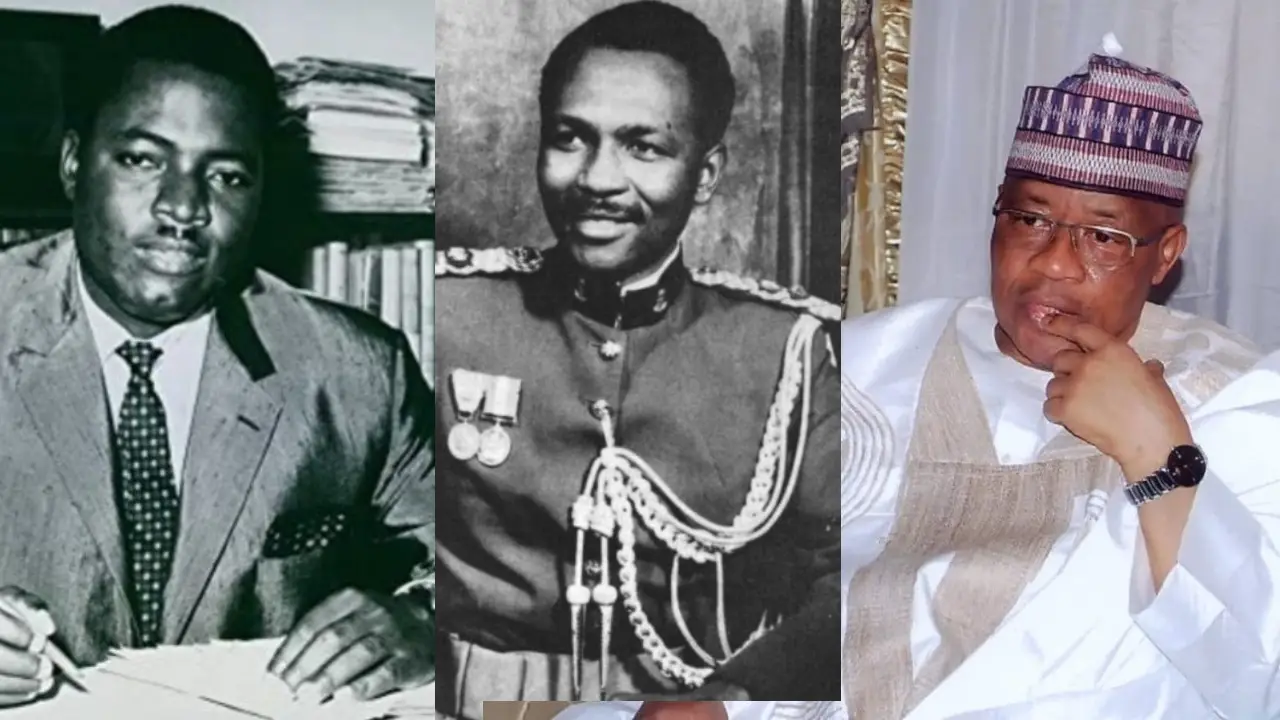Nigeria News
How corruption allegations against JS Tarka, others contributed to Gowon’s downfall – IBB

Former military president, General Ibrahim Badamasi Babangida (IBB), has drawn parallels between the corruption allegations that rocked Joseph Tarka during General Yakubu Gowon’s administration and the political turmoil he faced years later.
In his autobiography, A Journey in Service, IBB recalled how accusations of corruption against Tarka and the then-Governor of Benue-Plateau State, Joseph Gomwalk, contributed to discontent within the government.
He noted that Gowon’s justification for prolonging military rule—citing “a high degree of sectional politicking” and efforts “to whip up ill feelings within the country”—mirrored the challenges he encountered nearly two decades later.
In the face of the meteoric upturn in the economy, fueled by unprecedented revenue from oil, national economic activity grew at an astronomical rate. Long before it became a popular parlance, Gowon was the original Mr. Infrastructure! New road networks were constructed across the country’s length and breadth, and new bridges and air terminals sprang up in major cities.
While still reeling from the dizzying heights of the oil boom, the Indigenisation Decree of 1972, which declared many sectors of the economy off-limits to all foreign investment, was enacted while retaining only minority participation for foreigners in other areas. Although the Decree provided windfall gains for many well-connected Nigerians at the time, it proved, many argued, detrimental to the non-oil sector of the economy.
The Murtala Muhammed Years
Then, for reasons attributable, presumably, to the extended stay in office, the administration started to face problems connected with accusations of corruption—not necessarily by the head of state but by some of his appointees, among them Joseph Tarka and the Governor of the Benue-Plateau State, Joseph Gomwalk.However, the direct motivation for overthrowing the government came from the unhappiness of junior officers in the administration over the change of date for the return to civil rule.
In his October 1 broadcast to the nation in 1974, Gowon announced that his promise made in 1970 to return the country to a democratic government was no longer realistic.
Ironically, General Gowon’s reasons for continuing in office—what he described as a “high degree of sectional politicking, intemperate utterances and writings,” designed “to whip up ill feelings within the country for the benefit of a few”—had, as would be seen in subsequent sections of this volume, echoes of what I faced almost nineteen years after to the day! Looking back now, Gowon’s fears that it would not take politicians long “to return to the old cut-throat politics that once led the nation into a serious crisis” was the same dilemma I faced as President.












